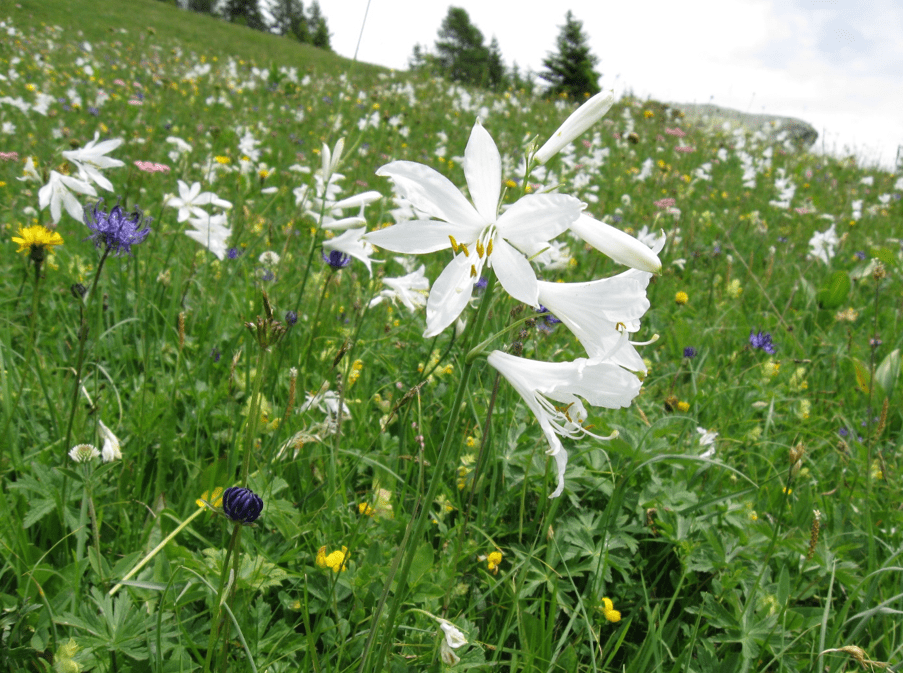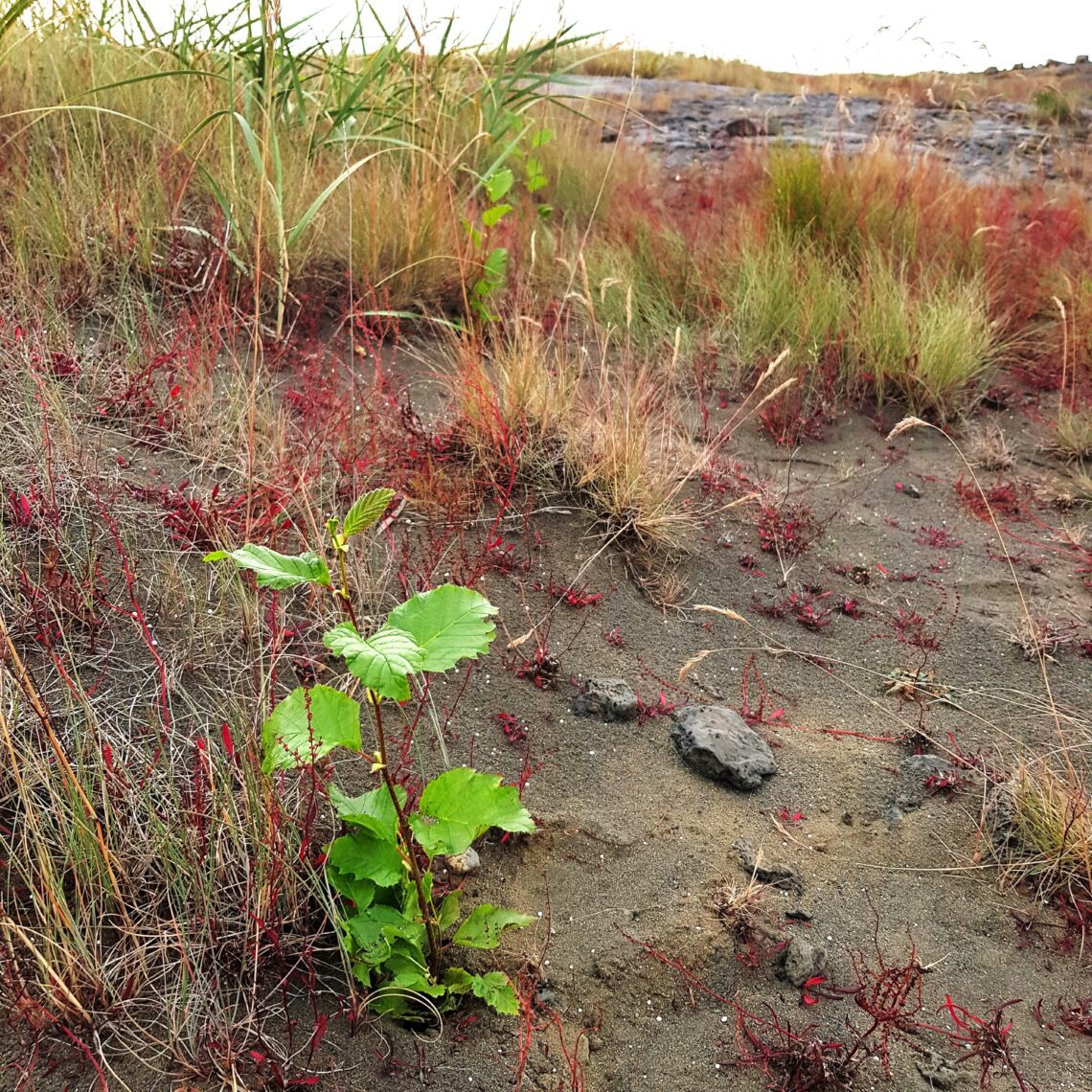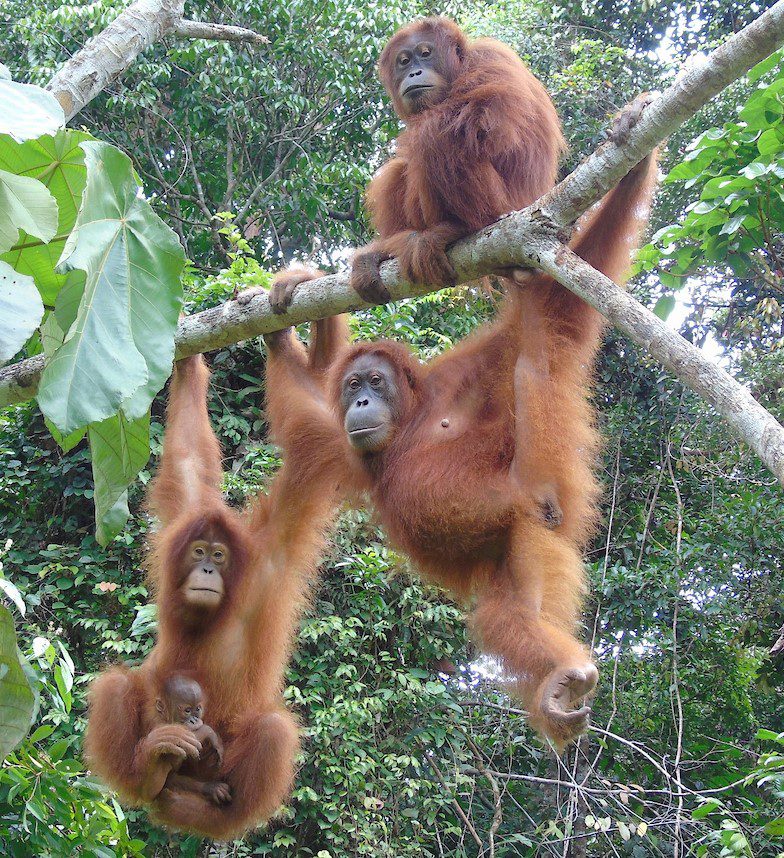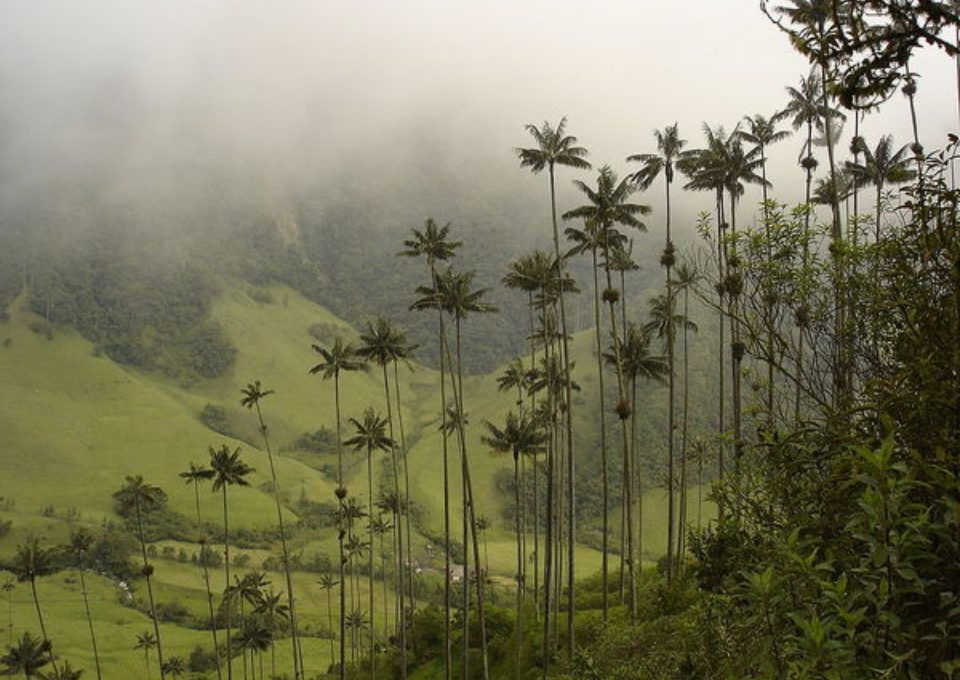Project: Iceland
The destruction of nature is commonly associated with today’s highly industrialized society. However, already hundreds of years ago our ancestors inflicted severe damage to their local environments. Iceland stands as a historic example for such environmental destruction. It is estimated that 40% of Iceland had been once covered by forests before the start of the Viking settlements in the 9th century. Today only about 0.5% of the Atlantic island is still covered by forests. As a result of the sparse vegetation, desert-like landscapes have formed. The Icelandic government has thus decided to reforest at least 12% of the country’s land area by 2100.
Our new reforestation project in the land of Nordic legends is located on the south coast of Iceland in the fishing village of Þorlákshöfn. The poor soil made of volcanic sand and the harsh weather conditions require extremely resilient tree species.
Planted tree species: downy birch, alder, black cottonwood.
Partner organisation: Plant a Tree in Iceland
Project: Indonesia
As the largest island state in the world, Indonesia boasts of 17,508 islands. While the main islands of Sumatra, Java, Borneo and Sulawesi are located on the Asian continent, the part of the country in New Guinea is attributed to the Australian continent. With a very large variety of endemic animal and plant species, Indonesia is home to two of the five megadiversity centers on earth. Well-known inhabitants of this unique community are orangutans, Komodo dragons, Sumatran elephants and Sumatra tigers. Orangutans – which translates to “man of the forest” – are genetically 97% identical to humans, with each individual having their own personality. Unfortunately, the habitat of these fascinating animals is severely threatened by logging and slash-and-burn. In 1990, two-thirds of Indonesia was covered with forest. Today it has been reduced to less than half of the country’s surface. The good news: according to plans of the Indonesian government, 141,100 square kilometers are to be reforested by 2030.
In addition to the binding of CO2, the focus of our Indonesian project is on species conservation and sustainable farming in the Lampung Province.
Planted tree species: Indigofera tinctoria, Schima wallichii, Persea americana, Magnolia blumei etc.
Partner organisation: One Tree Planted
Project: Kenya
Kenya is one of Africa’s countries most affected by deforestation. Only 7% of Kenya’s land area is covered by trees, which equates to 67 trees per person, compared to a global average of 420. Due to this fact Kenyan Environment Minister Judy Wakhungu presented in 2016 the most ambitious reforestation programme in her country’s history: by 2030, 5.1 million hectares of destroyed forest areas and other degraded areas are to be reforested.
Our project is located in the community of Garsen in Tana River County. In August 2023, Jeremiah Omara, the president of Tana Education, together with representatives of the board planted 150 trees on the grounds of Mwina Primary School. The pupils also participated in the activity. The importance of trees for people and nature has become part of the school’s official lesson plan. In addition to imparting knowledge, teachers use the planted trees to instill a sense of responsibility in their pupils. Each of the children has been entrusted with the well-being of a tree, thus laying the foundation for reforestation activities at Mwina Primary School.
The government in Kenya has announced that it will support schools that plant trees. However, the specific type of support is not yet clear at the moment. With the help of Schoggibaum’s investments, Mwina Primary School has the potential to become a reference project and thus create a multiplier effect. Planting trees not only means environmental and climate protection, but is also the story of equality and social development.
Planted tree species: Termarine indica, Afzelia, Zirguta indica, Mastafeli, cashew nut trees etc.
Partnerorganisation: Tana Education

Projekt: Swiss dry meadows
Pro Natura Graubünden looks after dry meadows and pastures in several protected areas. The protected area supported by Schoggibaum is located in Obermutten and is home to one of the most important paradise lily occurrences in the canton of Graubünden.
During the main flowering season, the Muttner mountain meadows are not only a real delight for visitors, but also an excellent and rich source of nectar and pollen for butterflies, wild bees and other insects. Together with two local farmers, Pro Natura Graubünden takes care of the optimal maintenance – extensive use – to preserve and promote the flora diversity. The marginal areas, which have become overgrown in recent years, are enhanced with additional maintenance work.
The management of dry meadows is very labour-intensive. For this reason, Pro Natura Graubünden relies annually on the commitment of volunteers, community service workers or trainees to maintain the meadows.
Organisation: Pro Natura
Contribution: 20 Rappen per chocolate bar


